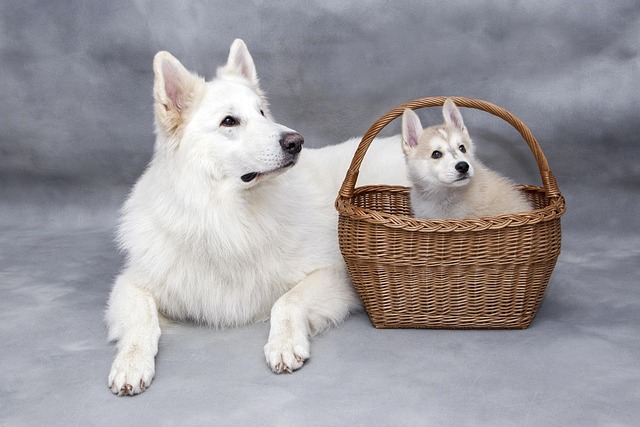
How long does it take for a German Shepherd puppy to be potty trained?
Most German Shepherd puppies start showing consistent potty habits between 4 to 6 months old, but this timeline isn’t set in stone.
If you’ve just brought home a shy rescue dog from Texas or a nervous puppy from a breeder, you might be anxiously wondering when you’ll finally feel that unbreakable bond. The truth is, there’s no single timeline for a dog to gain your trust. It’s not like baking a cake; you can’t set a timer. For some confident dogs, it might take a few weeks of consistent positive interactions. For a dog with a traumatic past, it could take months, or even a year, of patient work. The process is a journey, not a race, and it’s one of the most rewarding experiences you’ll have as a pet owner.
The timeframe depends heavily on several scientific and behavioral factors. A dog’s history is the biggest variable. A puppy socialized in a loving environment may trust quickly, while a senior dog rehomed multiple times will understandably be more cautious. Their individual personality and breed tendencies also play a role. Beyond that, your own actions are the most critical element. Trust is built through positive reinforcement, which actively builds neural pathways in your dog’s brain associating you with safety and good things. Every time you reward a calm behavior with a treat or use a gentle voice instead of a frustrated one, you’re depositing trust into your relationship bank account. Force-free methods, which are the cultural and ethical standard in modern U.S. and European dog training, are the only way to make consistent, lasting withdrawals.
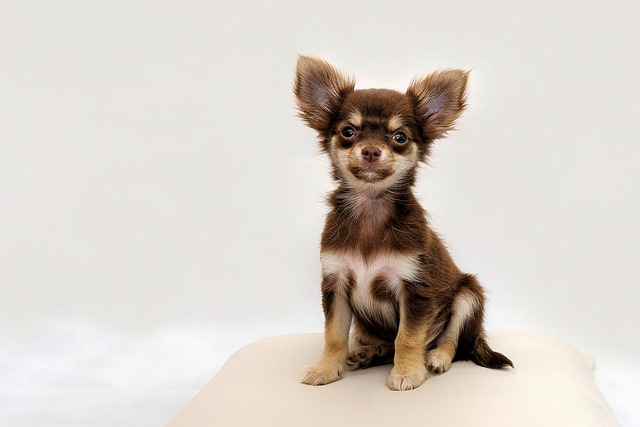
Instead of watching the calendar, focus on these tangible, daily steps. Your mantra should be: consistency, patience, and positivity. Manage your expectations and celebrate tiny victories—the first time your dog takes a treat gently from your hand, or when they choose to lie down near you instead of across the room. Hand-feed them portions of their meals to build positive association. Respect their need for space; a crate or a quiet corner should be their inviolable safe zone. On walks in your apartment complex, let them sniff to their heart’s content. Sniffing is how they de-stress and process the world, and allowing it shows you respect their needs. Always carry high-value treats to reward them for checking in with you voluntarily.
This patient approach is also the foundation for being a compliant and responsible community member. The trust you build is what makes it possible to safely handle your dog for essential care. For instance, you’ll need to gently examine their paws or ears—a task that requires trust—especially after walks to ensure they’re clean and healthy. This trust is also crucial for upholding local laws, like ensuring they comfortably wear a collar with a rabies vaccination tag, which is legally required in all U.S. states. A dog that trusts you is far more likely to be calm on a leash, making it easier to practice good community etiquette like giving space to others and, most importantly, diligently cleaning up after them immediately, a non-negotiable rule in every American municipality.
In the end, don’t measure the time in days or weeks. Measure it in moments. The first soft sigh as they fall asleep next to you, the first time they bring you a toy, or the first time they look to you for guidance in a new situation—these are the true milestones of trust. By committing to their emotional well-being through positive, kind, and consistent training, you aren’t just waiting for trust; you are actively building a profound and lasting partnership.

Most German Shepherd puppies start showing consistent potty habits between 4 to 6 months old, but this timeline isn’t set in stone.
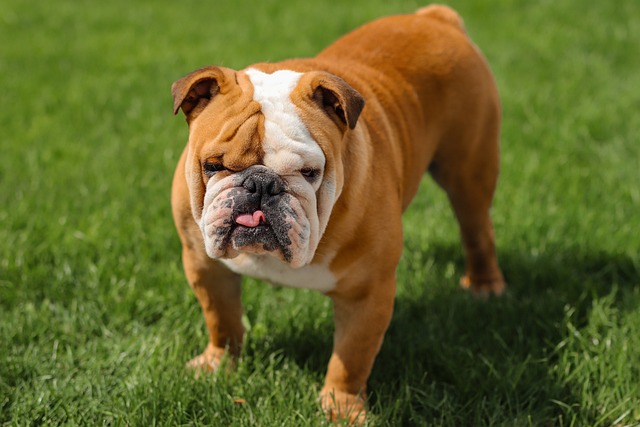
Watching your dog learn to pick up toys or essentials isn’t just a fun trick—it builds trust and makes daily moments smoother, like grabbing their leash when you’re heading out.
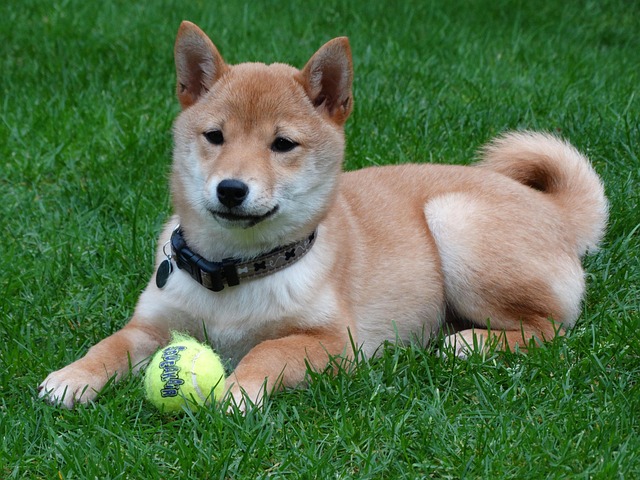
Shiba Inu puppies are smart but stubborn—their independent streak means potty training needs consistency, not just tricks.

Witnessing your dog transform into a barking, lunging whirlwind at the sight of another pup on your quiet suburban street can make daily walks feel like a nightmare.
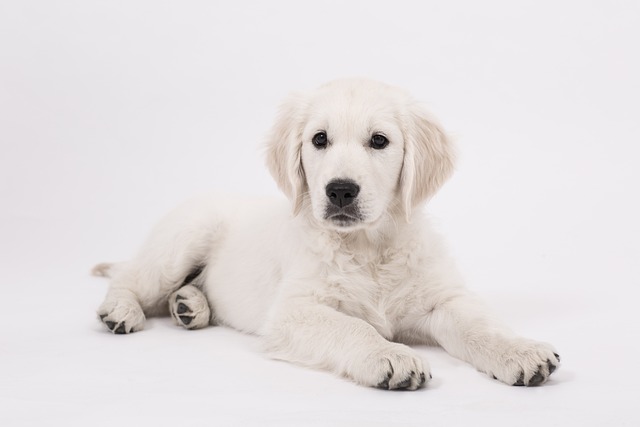
Golden Retrievers are known for their friendly, eager-to-please personalities—and that trait makes training them far from a struggle.
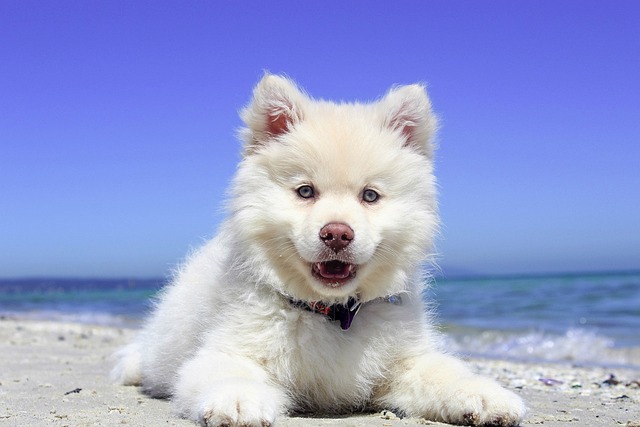
If you’re a new dog parent in the US—maybe you’re gripping your leash tight as your 1-year-old German Shepherd mix, Duke